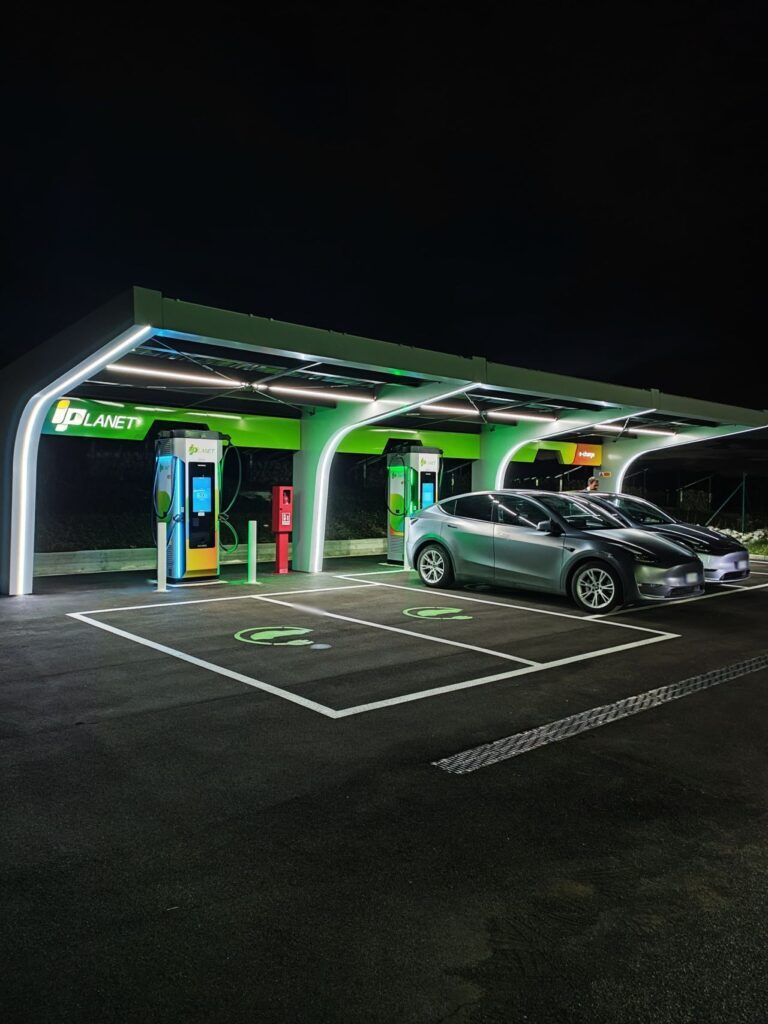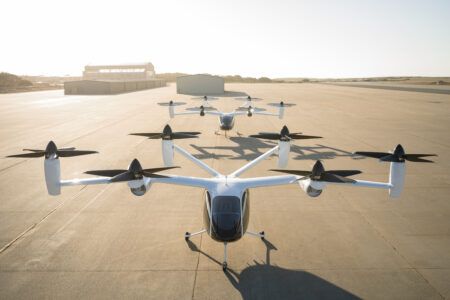Siemens eMobility has secured two major contracts to develop EV charging infrastructure across Italy, partnering with public transport operator Autolinee Toscane and energy solutions provider IPlanet.
The first project involves installing 73 charging points across bus depots in Florence, Prato, and Lucca for Autolinee Toscane, part of RATP Dev Italia Group. The SICharge UC charging points will deliver power outputs of 100 and 150KW, supported by medium and low voltage electrical distribution systems.
The installation includes DepotFinity, a software platform that monitors charging operations and optimizes load management based on service requirements. The system will also track vehicle mileage and manage battery pre-conditioning.
In a separate agreement, Siemens will equip over 120 IPlanet logistics sites with charging infrastructure featuring 300-400 kW charging points. The network will include Point of Sales systems compliant with Alternative Fuels Infrastructure Regulation, app-based activation, and accessibility features for users with disabilities.
These sites will incorporate transformer substations, telecontrol capabilities, and integration with renewable energy sources. Some locations are already operational, featuring photovoltaic installations, battery storage systems, and facilities for heavy-duty electric vehicle charging.
“Projects like these underscore Siemens eMobility’s mission to integrate sustainable mobility into everyday life,” said Markus Mildner, CEO of Siemens eMobility. “By combining cutting-edge technology and strong partnerships, we’re helping to transform the transportation and logistics sectors for a more sustainable future.”
Siemens eMobility’s technology portfolio includes IoT-connected hardware, software, and services for AC and DC charging, supporting power outputs from 11 kW to 1 MW. The company has installed over 100,000 charging points across more than 60 countries, completing 800 projects globally.
The charging infrastructure will feature remote monitoring through independent connectivity channels to ensure reliability and availability. All systems will be integrated with existing electrical distribution networks and include capability for future expansion and integration with renewable energy sources.
These partnerships mark significant progress in Italy’s transition to electric mobility, particularly in the public transport and logistics sectors.





